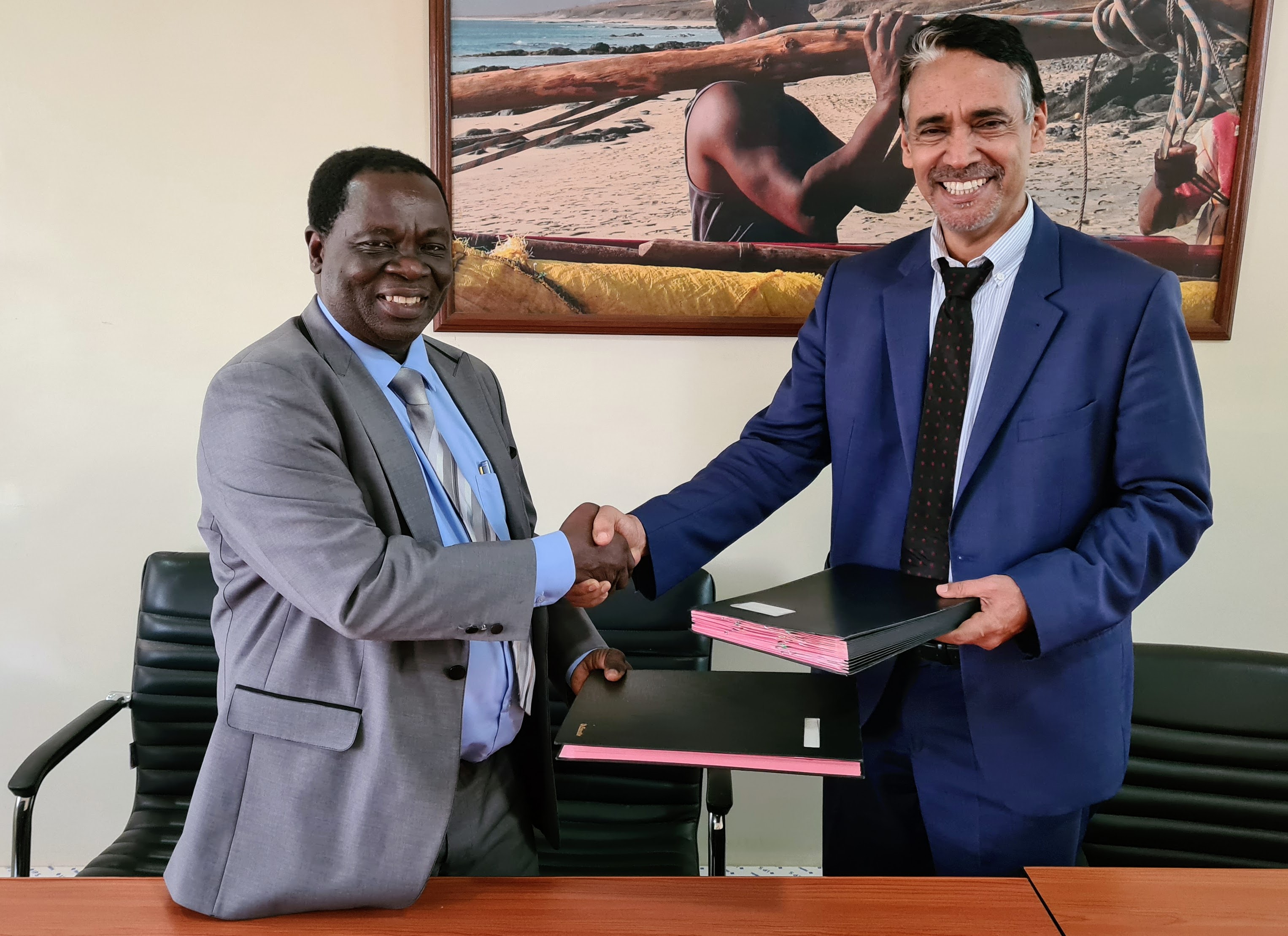
The Fisheries Committee for the West Center of the Gulf of Guinea (FCWC) and the Sub-Regional Fisheries Commission (SRFC) have concluded a historic joint action plan aimed at promoting food sovereignty and economic development of the West African States in their regions. These two sub-regional fisheries organizations, bringing together 13 countries and representing an estimated 350 million inhabitants, have the common objective of ensuring sustainable management of fisheries resources in the region.
The FCWC, comprising Benin, Côte d'Ivoire, Ghana, Liberia, Nigeria and Togo, headquartered in Ghana, and the SRFC, comprising Cape Verde, Gambia, Guinea, Guinea-Bissau, Mauritania, Senegal and Sierra Leone, with its headquarters in Senegal, work in close collaboration to address the demands of their populations in fisheries matters.
The Economic Community of West African States (ECOWAS), the FCWC and the SRFC signed a cooperation agreement in 2022 to partner and strengthen their collaboration. After a year of reflection and consultation, the two sub-regional fisheries organizations have finalized a historic two-year work plan for the implementation of this cooperation and partnership agreement with ECOWAS. Although unemployment rates are high, fisheries play a fundamental role in the economy, social life and food security of communities in FCWC and SRFC Member States, contributing significantly to GDP and generating many direct and indirect jobs. In recent years, faced with an observed decrease in fish resources and the growing scale of illegal fishing activities, the two sub-regional organizations have resolutely committed to better conservation and exploitation of fishery resources, emphasizing the economic, social and environmental aspects.
The biennium work plan (2023-2024) jointly developed by FCWC and SRFC will be submitted to ECOWAS for funding this year and is consistent with the Global Strategic Framework for the Sustainable Development of Fisheries and Aquaculture (GSFS-FAD) of ECOWAS, the FCWC 2021-2030 Strategic Action Plan (SAP 2021-2030), and the SRFC Strategic Plan. The work plan’s overall objective is to operationalize the MOU signed between ECOWAS, FCWC and SRFC, contributing to the sustainable management of fisheries, while promoting the sustainable development of fisheries and aquaculture in West Africa.
Priority actions identified in the plan include: the consolidation and extension of the achievements of sub-regional cooperation in the fight against illegal, unreported and unregulated (IUU) fishing and maritime security; support for concerted management of shared stocks; the development of a knowledge production and sharing system; the strengthening of the coherence of national policies and the harmonization of legislations relating to fishing; the improvement of the conditions for exercising artisanal fishing; the strengthening of the sustainable livelihoods of fishing communities and the promotion of the development of aquaculture; and institutional support through the strengthening of the organizational and human capacities of the FCWC and the SRFC.
In further detail, the plan provides for the strengthening of the capacities of personnel and surveillance systems, the promotion of the exchange and sharing of information in real time, and the consolidation of joint sub-regional fisheries surveillance operations, including the artisanal fishing sector. It also aims to improve data collection systems on small pelagic resources and fisheries, and the continuation of studies on critical sites for these species. A platform for the exchange of data and information on small pelagic between Member States will be operationalized. The two organizations will support the implementation of regional management plans for shared stocks and will provide support for the development of artisanal fisheries when necessary. Fisheries data collection and analysis will be strengthened, providing an essential basis for effective management.
The two organisations through the work plan undertake to promote the coherence of national fisheries policies and their integration at sub-regional level, transparency and the establishment of coordinated and harmonized policies regulating access to fisheries resources and the allocation of resources, fishing rights to third countries. The joint plan also aims to improve the regional and national legal frameworks to combat IUU fishing and ensure sustainable fisheries management, as it strengthens the law enforcement and prosecution capacities of Member States.
To address a shared priority of the two organizations to improve the conditions for practicing small-scale fishing, the plan seeks to strengthen the livelihoods of fishing communities, through sustainable activities and the development of aquaculture. The plan thus provides support to Member States for the development of socially inclusive and appropriate coastal fishing policies, and for improvement of the safety at sea of fishers with the implementation of a geolocation system for artisanal fishing boats.
Other goals include the improvement of value chains of fisheries products at the sub-regional level, to study migrations and gender inclusivity in fisheries, and to reflect on the effects of marine pollution especially those linked to hydrocarbons (oil and gas) at sea. Finally, the plan seeks to strengthen the organizational and human capacities of the FCWC and the SRFC to ensure effective coordination of their activities.



